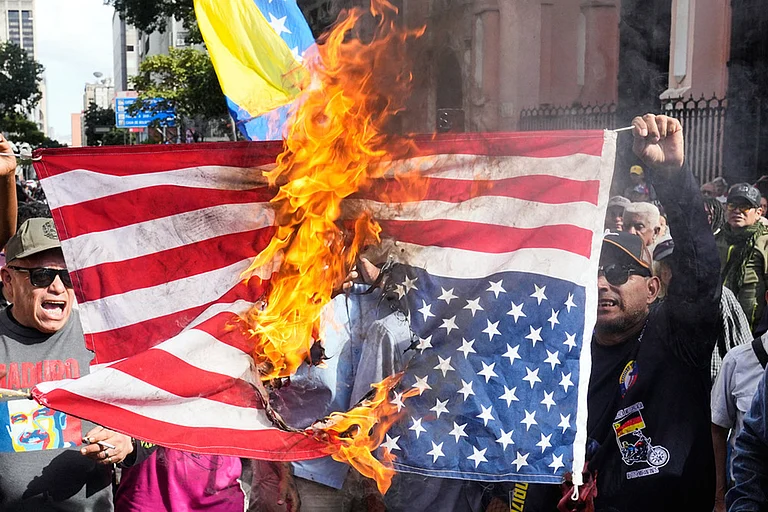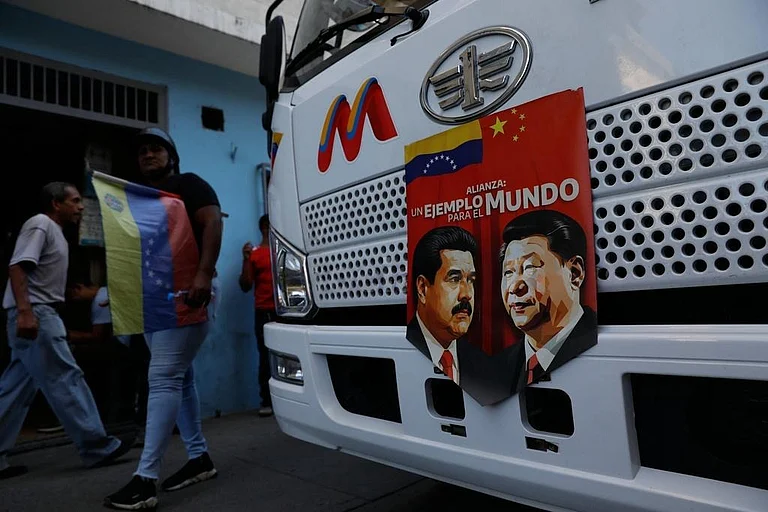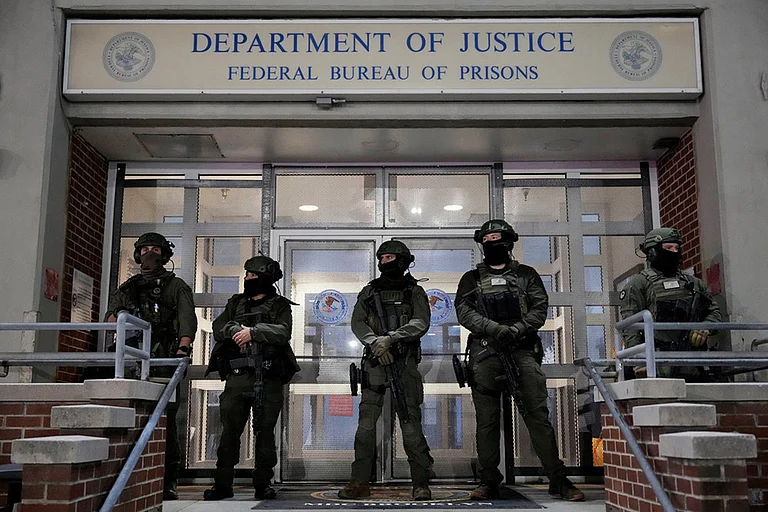
- Tensions in the Caribbean are surging as the United States dispatched three Aegis-equipped destroyers near Venezuela
- Washington also doubled the reward for Venezuelan President Nicolás Maduro’s capture to $50 million
- China extended diplomatic support to Maduro—reaffirming its backing of the Venezuelan government's sovereignty
Tensions in the Caribbean are surging as the United States dispatched three Aegis-equipped destroyers—the USS Gravely, USS Jason Dunham, and USS Sampson—to waters near Venezuela, aiming to bolster its counter-narcotics operations, according to U.S. defense officials.
The naval deployment underscores President Donald Trump’s renewed crackdown on Latin American drug cartels amid the escalating fentanyl crisis within the US. In a show of force and intent, Washington also doubled the reward for Venezuelan President Nicolás Maduro’s capture to $50 million, accusing him of leading the infamous Cartel de los Soles and conspiring with criminal groups like Tren de Aragua and the Sinaloa cartel.
Maduro’s Retaliation
Reacting to what he termed "imperialist aggression," Maduro has ordered the mobilization of 4.5 million militia members across Venezuela, asserting that the country must defend its sovereignty and peace. Maduro condemned the naval deployment as an "illegal" attempt at regime change, characterizing it as both immoral and criminal under international law.
This military and political escalation has triggered alarm across the region. While China extended diplomatic support to Maduro—reaffirming its backing of the Venezuelan government's sovereignty—other regional leaders declined to accommodate US involvement, citing concerns over sovereignty and escalating tensions.
Maduro's last inauguration, in 2019, was attended by Cuba's President Miguel Diaz-Canel and then-Bolivian President Evo Morales. The 2018 election was widely considered a sham after his government banned major opposition parties from participating.

























